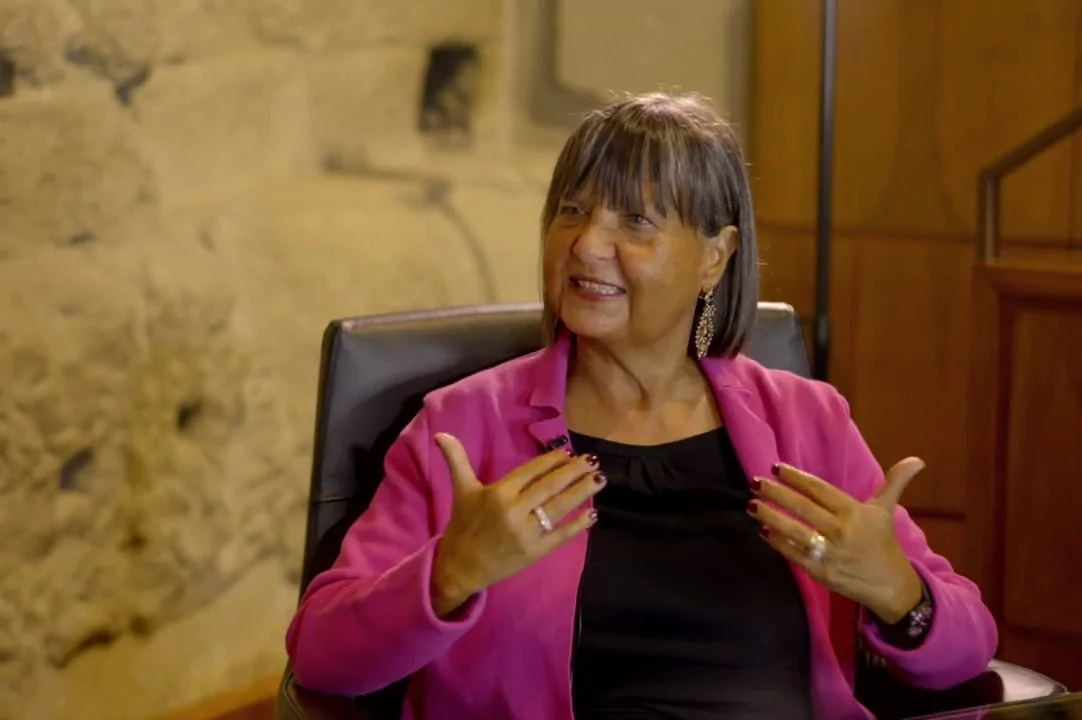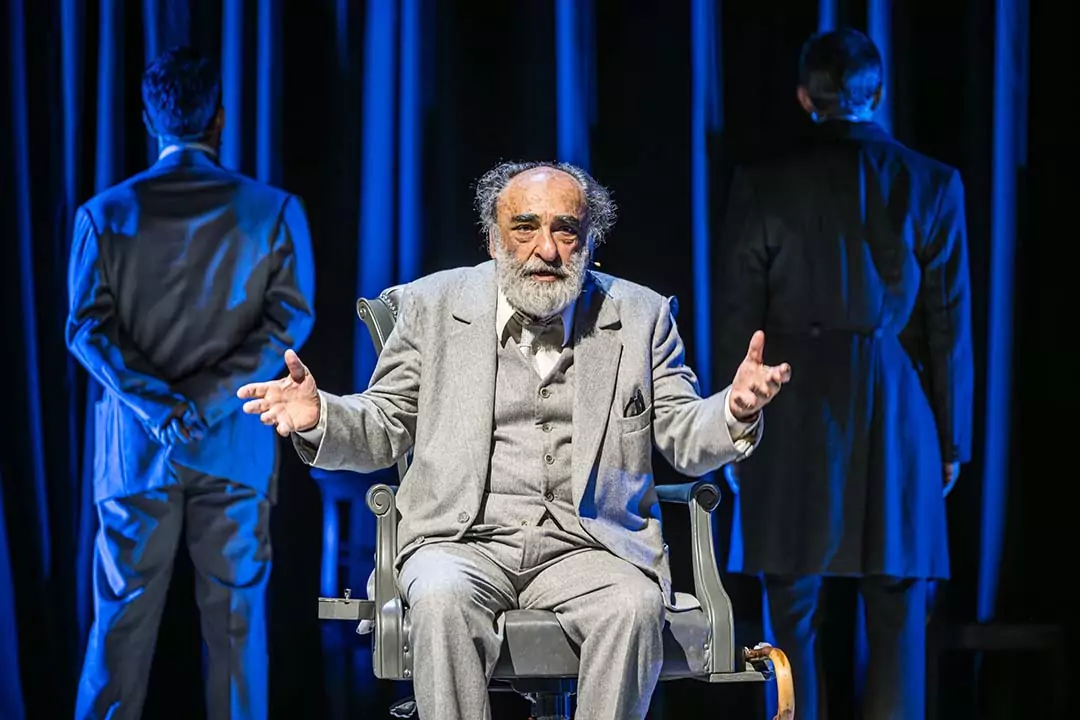Francesca Cenerini | Cleopatra: the enemy queen of Rome
Teatro DonizettiThe last queen of the Ptolemaic dynasty arrives in the Urbe for the first time and stays in Caesar's villa. The history of Rome in those years intersects not only with the destinies of Egypt but also with the histories of Palestine, Africa, and Asia. It begins a season that will have enormous impact on the culture and tastes of the Romans. Francesca Cenerini is a professor of Roman History and Roman Epigraphy and Institutions at the University of Bologna. She has directed and directs her studies in the field of Ancient History. Her research interests are directed in particular to the representation of the female condition in the Roman age, through the analysis of historiographic and epigraphic documentation. Research has produced two monographs and numerous articles published in journals and essays in volumes. She has collaborated in many initiatives aimed at the public communication of her research, working with journals of high popularity and cultural initiatives. She is the author of The Roman Woman. Models and realities (Il Mulino, 2013) and Messalina. Legend and history of a dangerous woman (Laterza, 2024). At the end of the meeting, the author will be available to the audience for signacopies.
La coscienza di Zeno
Teatro DonizettiMasterpiece of twentieth-century literature, forerunner novel of powerfully European scope, ironic and fascinating complexity, The Conscience of Zeno celebrates in 2023 the 100th anniversary of its publication. The Teatro Stabile del Friuli Venezia Giulia brings it to the stage under the direction of Paolo Valerio in a new production - produced together with Goldenart Puroduction - as part of a rich research path dedicated to the very important cultural deposits of Trieste and its territory. The monumental figure of Italo Svevo and his extraordinary psychoanalytic novel represent there a moment of profound, universal significance. The Conscience of Zeno, on the other hand, also possesses its own lively theatricality, due to its experimentation with innovative writing and its being dominated by the engaging, complex and highly topical figure of Zeno Cosini. In fact, the novel springs from the notes of the protagonist who undergoes the treatment of the psychoanalyst Dr. S, trying, by that route, to resolve his sickness of living, his neurosis and inability to feel "in tune" with the world and with reality. His perceived ineptness and illness, and his stubborn-but never quite convinced-attempts to change and heal, lead Zeno through existence surprisingly interweaving bourgeois everyday life with surreal episodes rich in humor and truth, and with illuminations that possess a force that still shakes us. The Conscience of Zeno has always been played by great actors, such as Renzo Montagnani, Giulio Bosetti, Alberto Lionello, who was also the protagonist of the RAI screenplay, and, in the later television edition, Johnny Dorelli. In the new staging by Paolo Valerio, Zeno will have the face of Alessandro Haber, an actor with a powerful charisma and an absolutely personal stage instinct, who outside of any cliché knows how to combine irony and depth in every interpretation. Director's Notes | Paolo Valerio As Giorgio Strehler wrote, La coscienza di Zeno is "a stone in the heart of all the people of Trieste," and for me it is a very special challenge. I approached this work by strongly favoring Svevo's narrative: I wanted to enclose in this theatrical experience some pages that I find extraordinary, unforgettable, building another Zeno next to the narrating ego. So Zeno - played by Alessandro Haber - is told and relived through the body of another actor. Zeno reveals to us the stumble, the humanity... And Alessandro Haber's character is also intertwined with this ineptitude and sometimes, during the performance, the man is superimposed on the actor, to emphasize "the originality of life." Zeno belongs to us; he tells of us, of our fragility, of our deceptive consciousness, of the voice that speaks to us and that no one hears and that suggests life to us. Through the scrutinizing eye of Dr. S. I have tried to restore the surreal, ironic and sometimes lying dimension of Zeno, immersed in the atmosphere of his Trieste and all the extraordinary characters who live there. An imagery whose cerebral breath dialogues with the world of art, with psychoanalysis, and where


